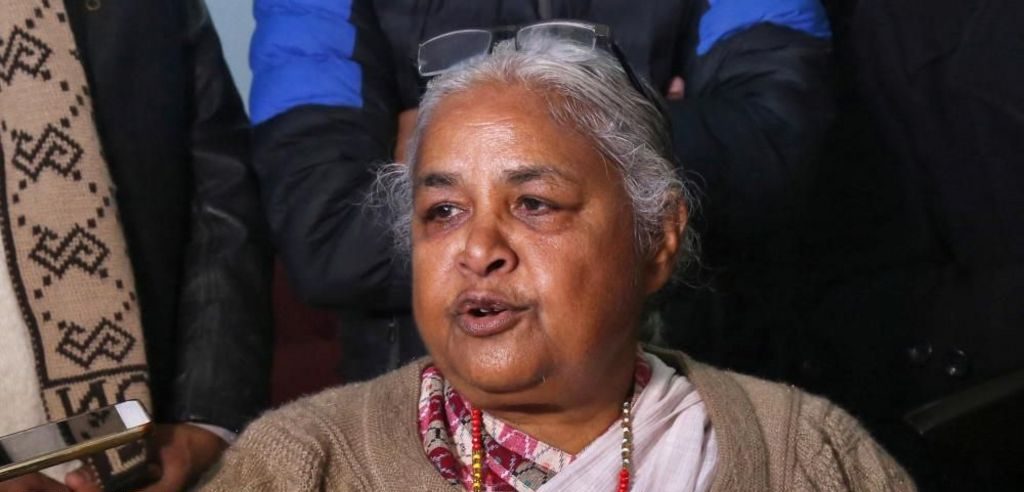- Former Chief Justice Sushila Karki, 73, sworn in as Nepal’s first female prime minister.
- Her appointment follows deadly anti-corruption protests that left 50+ people dead.
- Demonstrations erupted after a controversial social media ban on WhatsApp, Instagram, and Facebook.
- Protesters set fire to parliament and government buildings, forcing PM KP Sharma Oli to resign.
- Parliament has been dissolved and elections scheduled for March 5, 2026.
- Karki, backed by Gen Z leaders, must restore order, rebuild parliament, and guide Nepal through crisis.
- The protests reflect anger over corruption, political elitism, and “nepo kid” culture.
Nepal has entered a new political chapter after violent protests toppled its government and propelled former Supreme Court Chief Justice Sushila Karki into power as interim prime minister. The 73-year-old, sworn in on Friday evening, becomes the country’s first woman to hold the post.
Her rise came in the wake of a dramatic week that saw over 50 deaths, parliament set ablaze, and Prime Minister KP Sharma Oli forced to resign. The unrest began with a government ban on 26 social media platforms, including WhatsApp, Instagram, and Facebook, but quickly swelled into a wider revolt against corruption and political privilege.
The deal to appoint Karki was struck between President Ram Chandra Poudel and protest leaders after days of tense negotiations, with Nepal’s army chief brokering the compromise. Parliament was dissolved and fresh elections are set for March 5 next year, leaving Karki with the task of stabilizing the country until then.
Supporters, particularly from Nepal’s Gen Z movement, see her as a figure of integrity capable of steering the nation through its most volatile period in decades. But the challenges ahead are immense: restoring law and order, rebuilding institutions destroyed in the riots, and calming a population disillusioned with the political elite.
Karki, who briefly led Nepal’s judiciary in 2016, has a reputation for integrity but also endured controversy during her tenure as chief justice, including an impeachment attempt. Despite that history, her appointment has been hailed as a fresh start in a country shaken by anger over corruption scandals and the privileged lifestyles of political families.
For now, Kathmandu remains under heavy army patrol, with many fearing Nepal’s fragile democracy could unravel further if the interim government falters.



